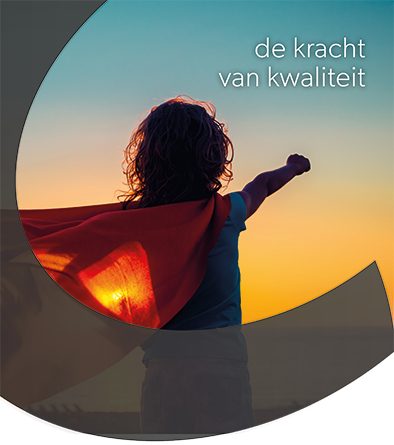

Arveco b.v.

North Brabant, Netherlands The
October 2024
Textiles
Wholesale/Retail
Belgium,
Germany,
Netherlands The
Arveco supplies corporate clothing that perfectly aligns with an organisation's branding, tailored to professional requirements, and delivered with premium quality. This quality allows us to make a real difference in reducing the environmental impact of textiles. Things need to change… and that’s exactly who we are. Our unique approach We do things differently. Through our own label, Outic, we aim to keep corporate clothing in use for as long as possible, minimise stock levels, and focus entirely on quality. It all starts with a well-fitting, bespoke clothing package that employees enjoy wearing. After all, clothing that fits well and looks good is treated with greater care. Is the clothing dirty? We’ll take care of washing and ironing it for you. Has a button fallen off, a zip broken, or a seam come undone? We’ll repair it in our own sewing workshop. Sustainability in every fibre Sustainability is at the core of everything we do. With Outic, we prove that corporate clothing can have up to 90% less environmental impact. We achieve this through three key principles: minimising, reconditioning, and repurposing. This is how we truly close the loop. For the future We make a difference by selling less, but better. Every product that doesn’t need to be produced contributes to a mor
Overall B Impact Score
Governance 7.3
Governance evaluates a company's overall mission, engagement around its social/environmental impact, ethics, and transparency. This section also evaluates the ability of a company to protect their mission and formally consider stakeholders in decision making through their corporate structure (e.g. benefit corporation) or corporate governing documents.
What is this? A company with an Impact Business Model is intentionally designed to create a specific positive outcome for one of its stakeholders - such as workers, community, environment, or customers.
Workers 21.3
Workers evaluates a company’s contributions to its employees’ financial security, health & safety, wellness, career development, and engagement & satisfaction. In addition, this section recognizes business models designed to benefit workers, such as companies that are at least 40% owned by non-executive employees and those that have workforce development programs to support individuals with barriers to employment.
Community 23.4
Community evaluates a company’s engagement with and impact on the communities in which it operates, hires from, and sources from. Topics include diversity, equity & inclusion, economic impact, civic engagement, charitable giving, and supply chain management. In addition, this section recognizes business models that are designed to address specific community-oriented problems, such as poverty alleviation through fair trade sourcing or distribution via microenterprises, producer cooperative models, locally focused economic development, and formal charitable giving commitments.
Environment 26.7
Environment evaluates a company’s overall environmental management practices as well as its impact on the air, climate, water, land, and biodiversity. This includes the direct impact of a company’s operations and, when applicable its supply chain and distribution channels. This section also recognizes companies with environmentally innovative production processes and those that sell products or services that have a positive environmental impact. Some examples might include products and services that create renewable energy, reduce consumption or waste, conserve land or wildlife, provide less toxic alternatives to the market, or educate people about environmental problems.
Customers 4.1
Customers evaluates a company’s stewardship of its customers through the quality of its products and services, ethical marketing, data privacy and security, and feedback channels. In addition, this section recognizes products or services that are designed to address a particular social problem for or through its customers, such as health or educational products, arts & media products, serving underserved customers/clients, and services that improve the social impact of other businesses or organizations.